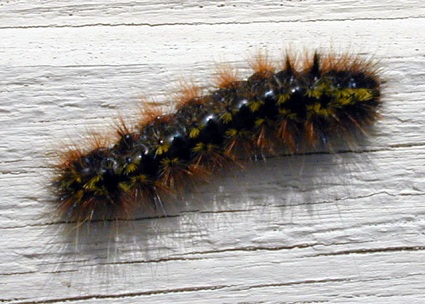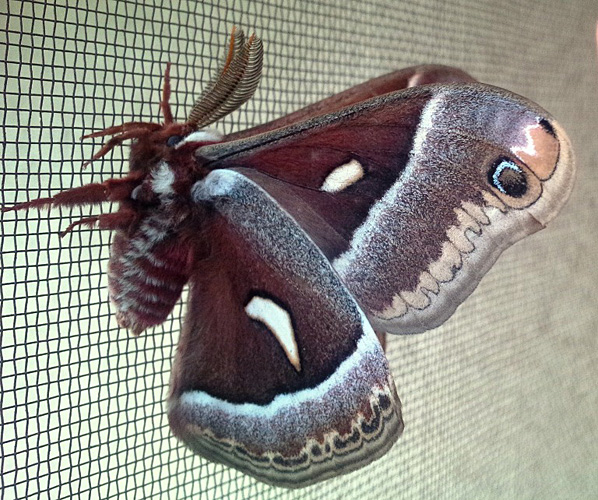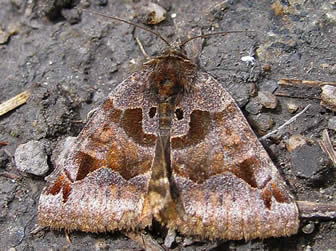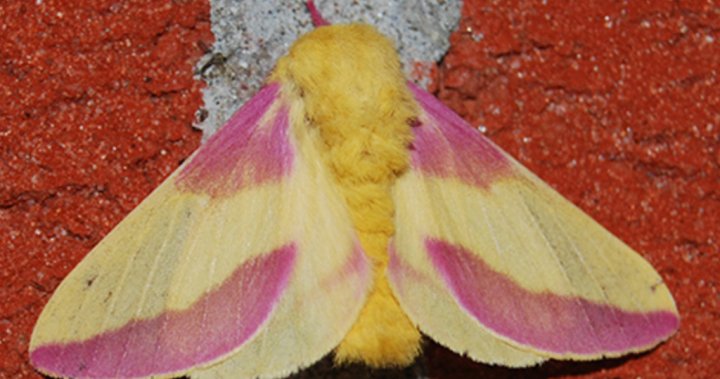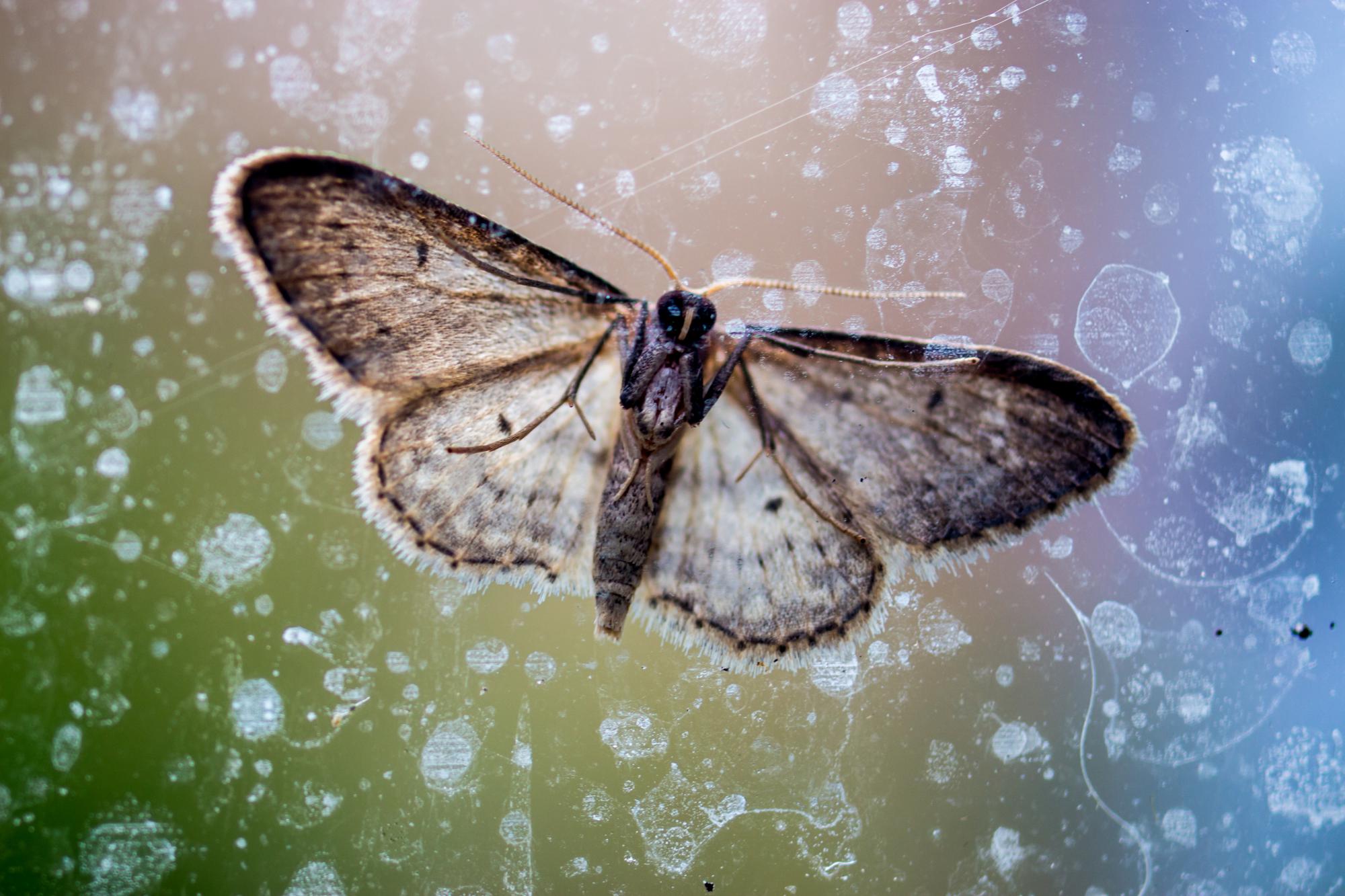Types Of Moths In Vancouver
There are two main types of pest moths clothes moths and pantry moths.

Types of moths in vancouver. The webbing clothes moth is the most common fabric damaging moth here in bc. Now the pests are spread throughout the lower mainland. Vancouver an unpleasant outbreak is underway in the lower mainland with an unusually large quantity of two different moth species flocking to light sources and making their way inside homes. According to the district of north vancouver there is currently an outbreak of western hemlock looper moths that started on the north shore.
The species feeds on foliage with a fondness for hemlock and douglas fir trees and. Moths predominantly drink the nectar from the plants using their long straw like tongue and moths are also known to do a similar thing with sugary fruits and berries. Description indian meal moths have a reddish brown or copper sheen on their forewings while clothes moths have a buff or gold colouration with reddish gold hairs on the top of the head and around the wings. We learn more from entomologist babita bains.
Indian meal moths clothes moths. Moths invading bcs south coast while its not quite a moth pocalypse some parts of the province are being inundated with two types of moths. The district of north vancouver dnv says that its an outbreak of western hemlock looper moths a native species thats part of the natural coastal forest system the district addressed the issue in late august saying that they had received inquiries from the community about the potential impact they could have on the region. Size from 6 mm to 10 mm long with wingspans from 12 mm to 16 mm.
Locampa roseta caterpillar vancouver island bc photo by bud logan. North vancouver news 1130 a spike in the population of a native moth species is bugging plenty of north vancouver residents. The moths largely die off when colder weather arrives in october so expect the fluttering friends on vancouvers streets to be replaced by little moth corpses in a few weeks. The north shore has been hit with an outbreak of western hemlock looper moths a species known to decimate trees.
The good news is the western hemlock looper has no interest in eating your sweaters. Truly a fitting. Colour varies by species. Moths are herbivorous animals and survive on a plant based diet.






